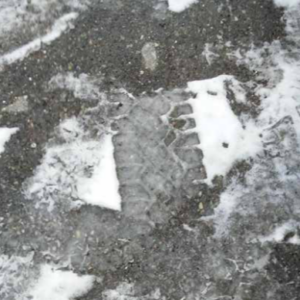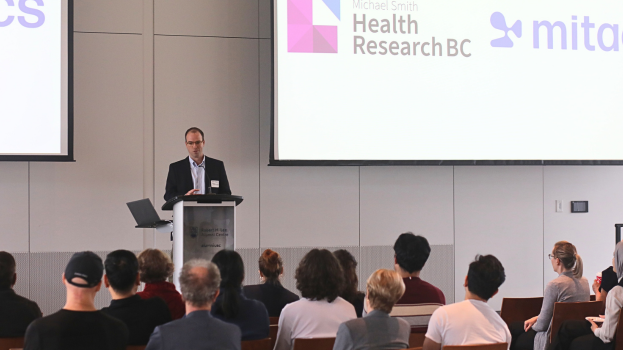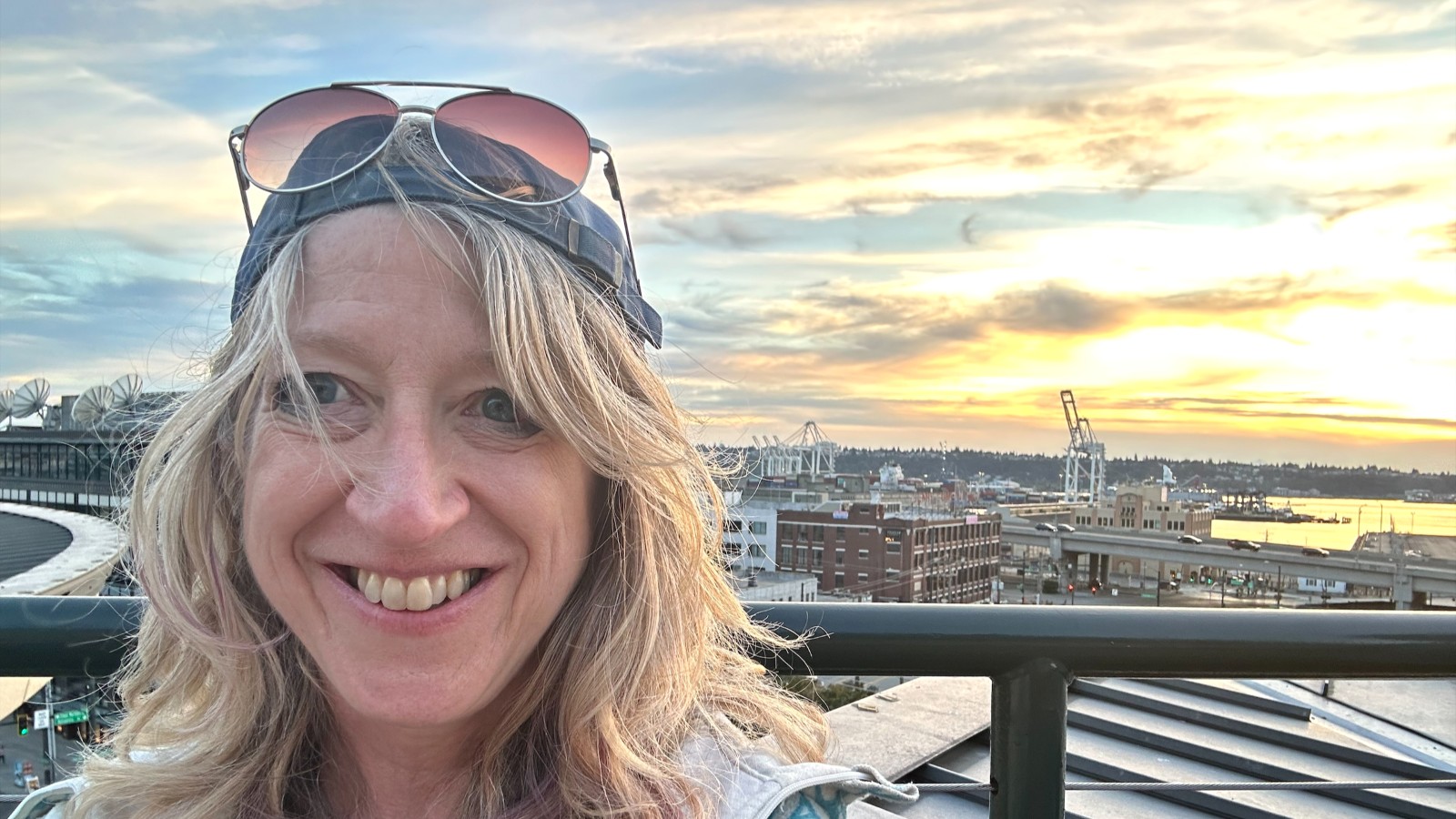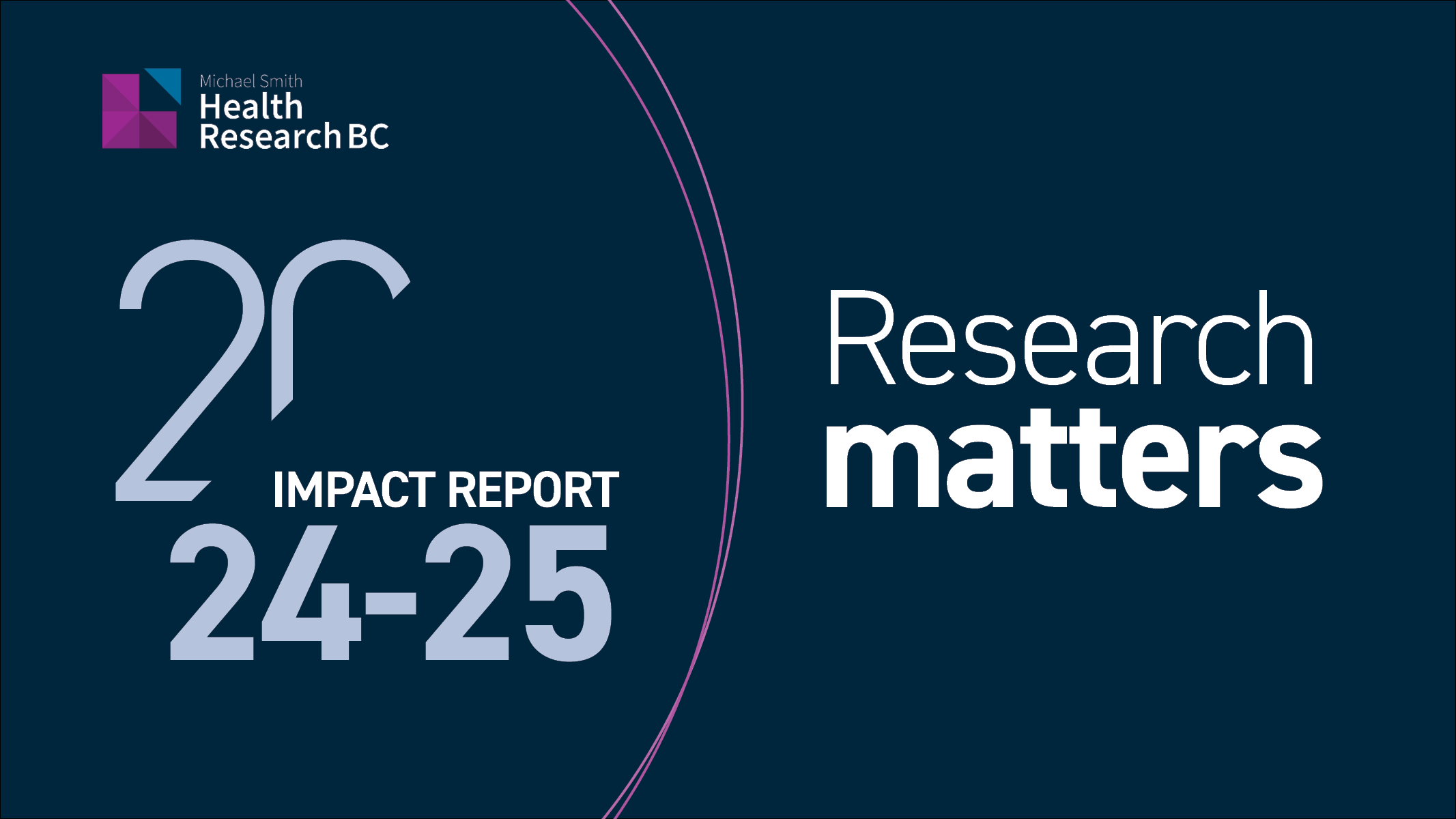Through a northern lens: Community members photograph health needs and wellbeing in the north
6 September 2023
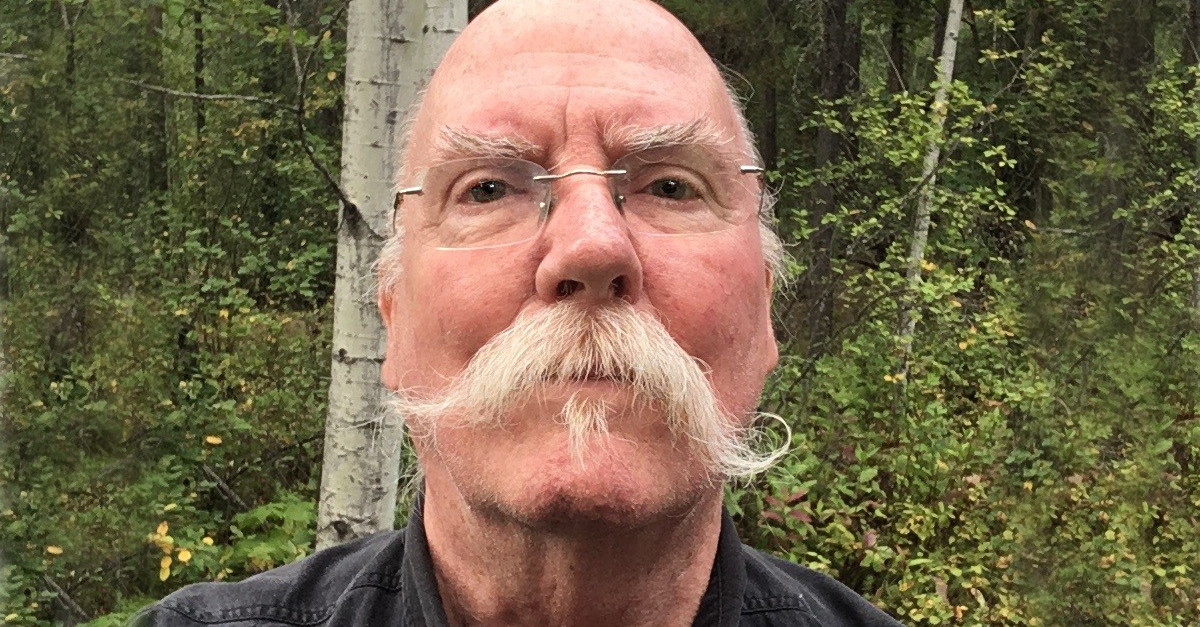
Photo: John Grogan, patient partner in BC’s north
Communities in the north face many challenges getting health care. Small populations and a large, diverse geography can make accessing health services difficult. Researchers wanted to understand how to support people’s health needs in northern BC.
“In the north, we’re resilient – harsh weather and long travel times are part of our daily living,” said John Grogan, long time resident of the Robson Valley in northern BC and patient partner. “I love where I live. Our communities, some small and far apart, know best about the health services we need.”
Researcher Magda Aguiar noticed that people living in urban centres shape information and make decisions about where to place health services. As a health economist and post-doctoral student at the University of British Columbia, Magda wanted to understand the experiences of people in rural and remote communities. To do this, she brought together patient partners, including John, with researchers from the University of British Columbia and the University of Northern BC.
“Community engagement should drive research, not merely fuel it,” said Magda. “People need to be involved in decisions about health services in their community. I wanted to explore the rich knowledge held by communities and local decision-makers and make this visible to urban leaders.”
| The research team connected with people from 18 communities across northern BC. This included community members, decision makers, health care professionals and non-profit providers. They led group discussions and individual telephone interviews. They also held photovoice sessions, which is a research method that gives participants cameras and invites them to share ideas through images. Funding for participant interviews and stipends were provided by the BC SUPPORT Unit.
“Nature is a vital part of peoples’ health in northern BC – literally, nature is at your doorstep,” said Theresa Healy, project co-lead and assistant professor in the School of Environmental Planning at the University of Northern BC. “One of our biggest takeaways was how closely intertwined emotional and physical wellbeing are with the natural surroundings.” Participants also pointed to the reliance on each other for connection, culture and comfort. People provide care for each other by sharing food, culture and knowledge. These values and actions are reflected in the photos they chose to represent wellbeing in the north. To share the research results and photovoice images with more people, participants asked for an art exhibit and book. Health Research BC funded the research team for their knowledge translation activities through a 2020 Reach Award. Magda previously received a Health System Impact Fellow in 2019 for her work on economic modelling and harm reduction. “Taking the time to understand community needs will improve our decisions about health services,” said Mark Harrison, project co-lead and associate professor in the Faculty of Pharmaceutical Sciences, University of British Columbia. “Listening to the community helps us ask better questions and make better decisions.” |
|


